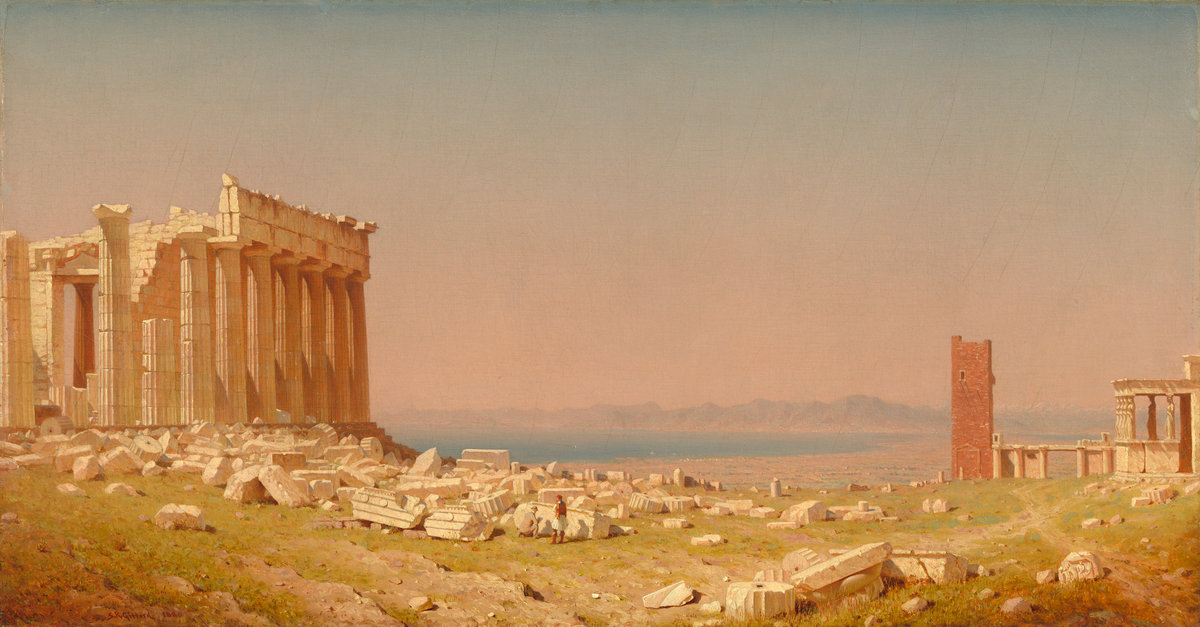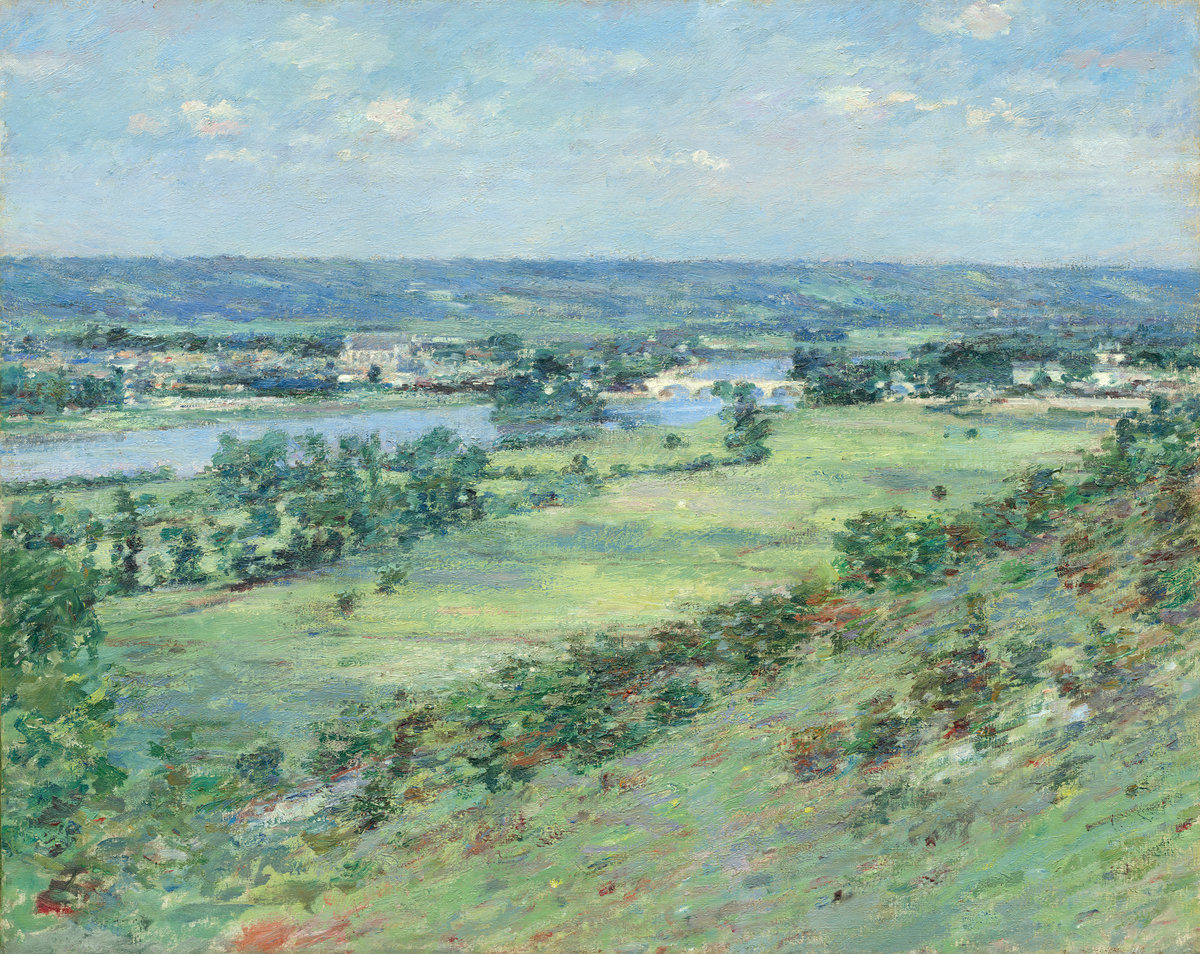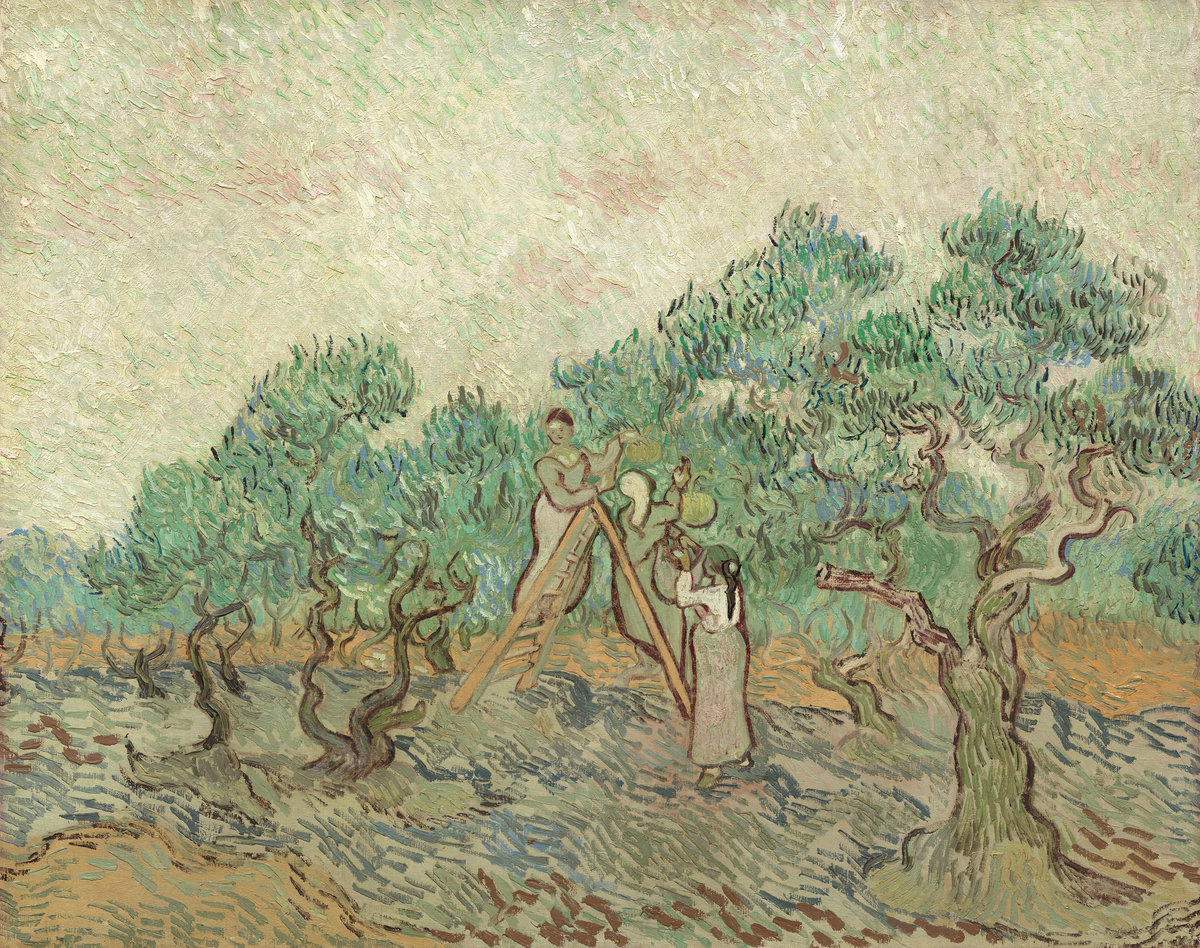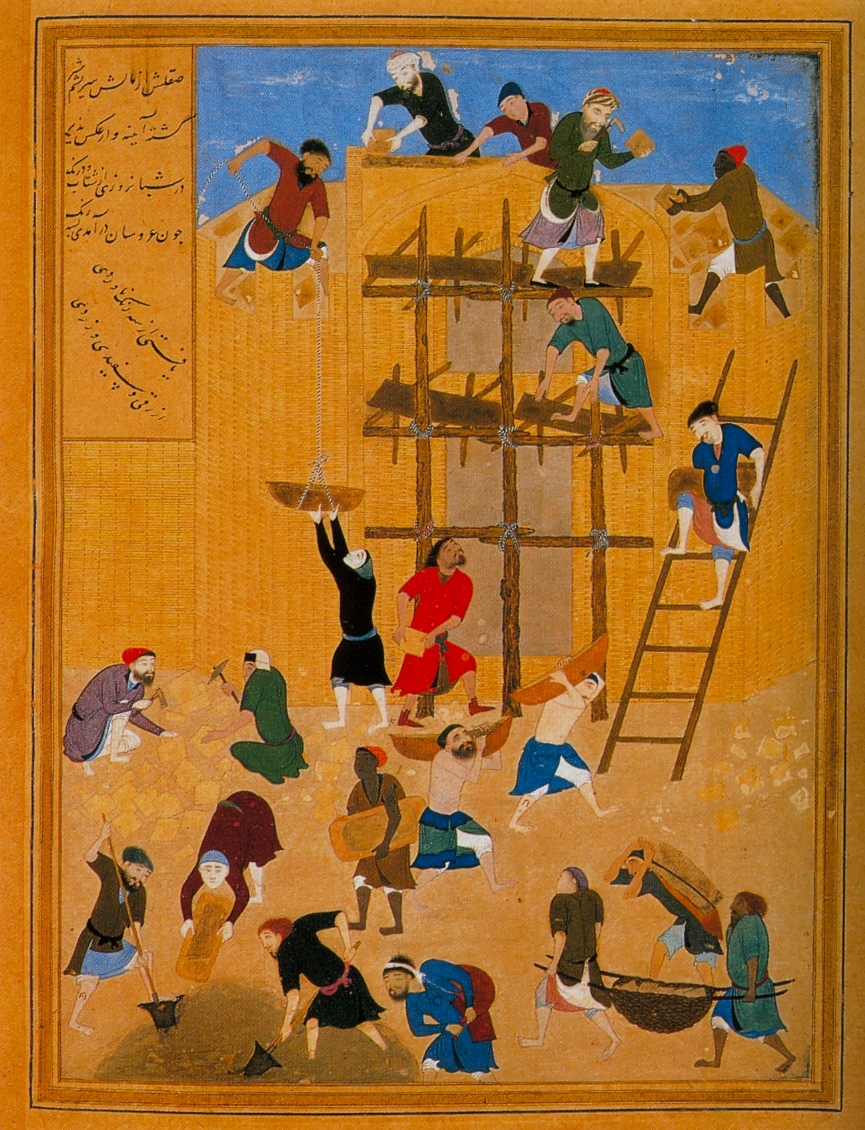By Patrick Pierson.
The deepening security relationship between Niger and the West demonstrates the complexity of fighting terrorism in the Sahel. Similarly, some fear that increased military support for the Tunisian government may derail the country’s recent efforts at democratization, reflecting a shift in US policy from long-term democracy promotion to short-term security considerations. This comes as the Pentagon “has approved airstrikes that risk more civilian casualties” in an attempt to step-up the campaign against ISIS. And this report suggests that drone strikes, thought to be a more discriminate form of targeting terrorists, may be more problematic than we think.
Soccer looks poised to become a tool of “soft power” for the Chinese government in years to come. In another show of the sport’s political prowess, Sepp Blatter and the Swiss authorities apparently approached embattled Burundian president Pierre Nkurunziza with a job offer from FIFA in May 2015 with hopes of averting much of the current crisis in Burundi – unfortunately, Nkurunziza rejected the offer and the crisis continues. Also in Africa, the NBA has announced a new partnership with Zimbabwean firm Econet Media, representing the “largest partnership in the history of the NBA in Africa.”
The energy crisis in Venezuela has reached a new level – the country’s primary brewer, Polar, has temporarily paused production due to a lack of dollars to buy foreign grain. In neighboring Colombia, the City of Women provides a fascinating story of the fight for women’s rights and gender equality in the country. This article suggests that militarization of police forces in Latin America has done more harm than good, while a new book highlights the extent of drug-based violence in Central America.








1 comment
Hi there,
Thank you for your very informative newsletter. The issue today closed with introducing a book and an article about criminal violence and militarized policing in central and south america.
I want to ask if any of your researchers are familiar with a related 2014 book called Drug War Capitalism by Dawn Paley. Searching your site I see no reference to it. I am reading it now and it presents a coherent and compelling argument that the War on Drugs morphed into being effectively much more about building US dependent neo-liberal influence in the region.
I’d like to encourage, and would be very interested in reading, a well informed critical review of Paley’s book: http://www.amazon.com/Drug-War-Capitalism-Dawn-Paley/dp/1849351937/
Thank you again for your work.
Steve On Apr 24, 2016 8:02 AM, “Political Violence @ a Glance” wrote:
> politicalviolenceataglance posted: “By Patrick Pierson. The deepening > security relationship between Niger and the West demonstrates the > complexity of fighting terrorism in the Sahel. Similarly, some fear that > increased military support for the Tunisian government may derail the > count” >